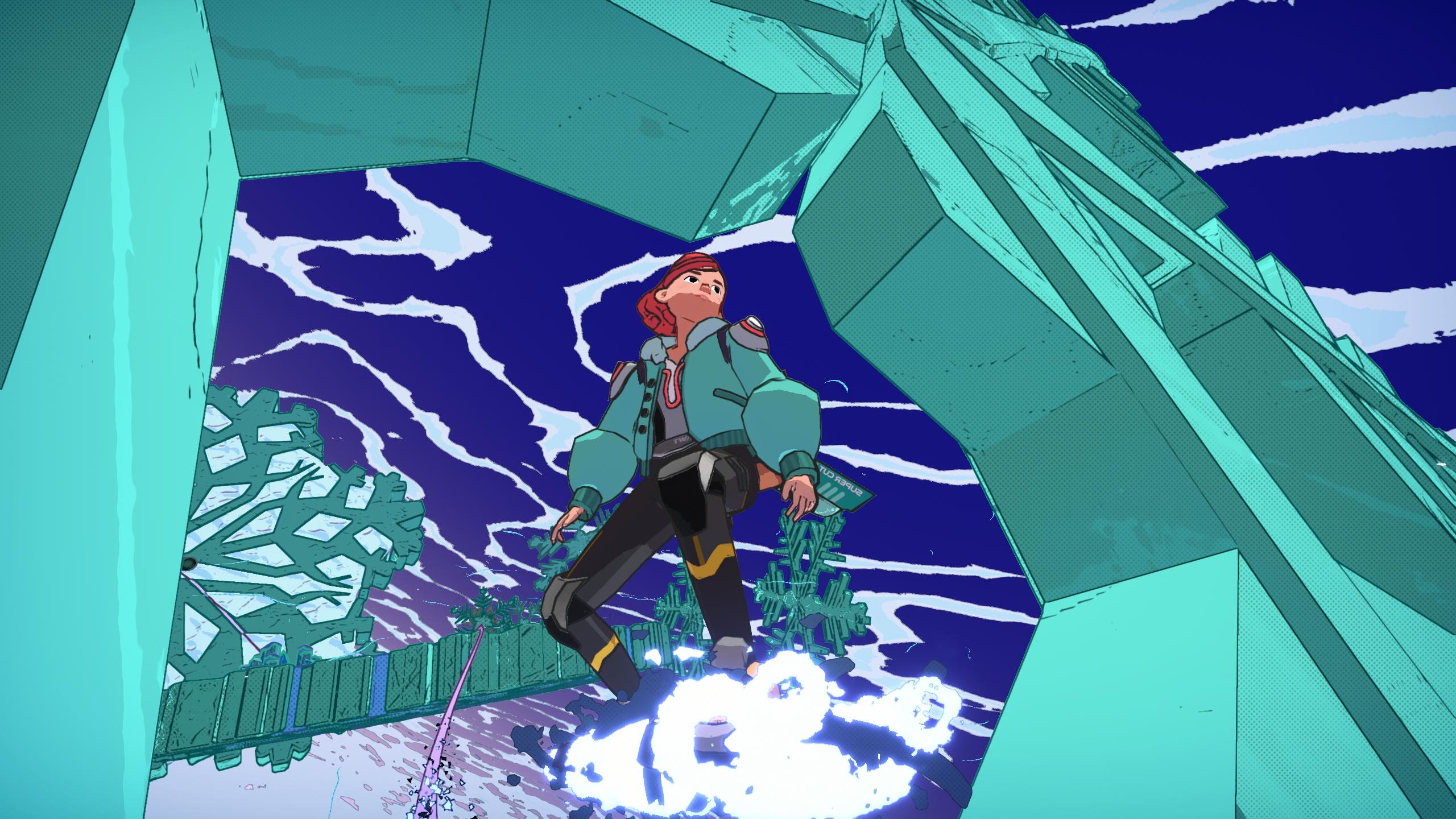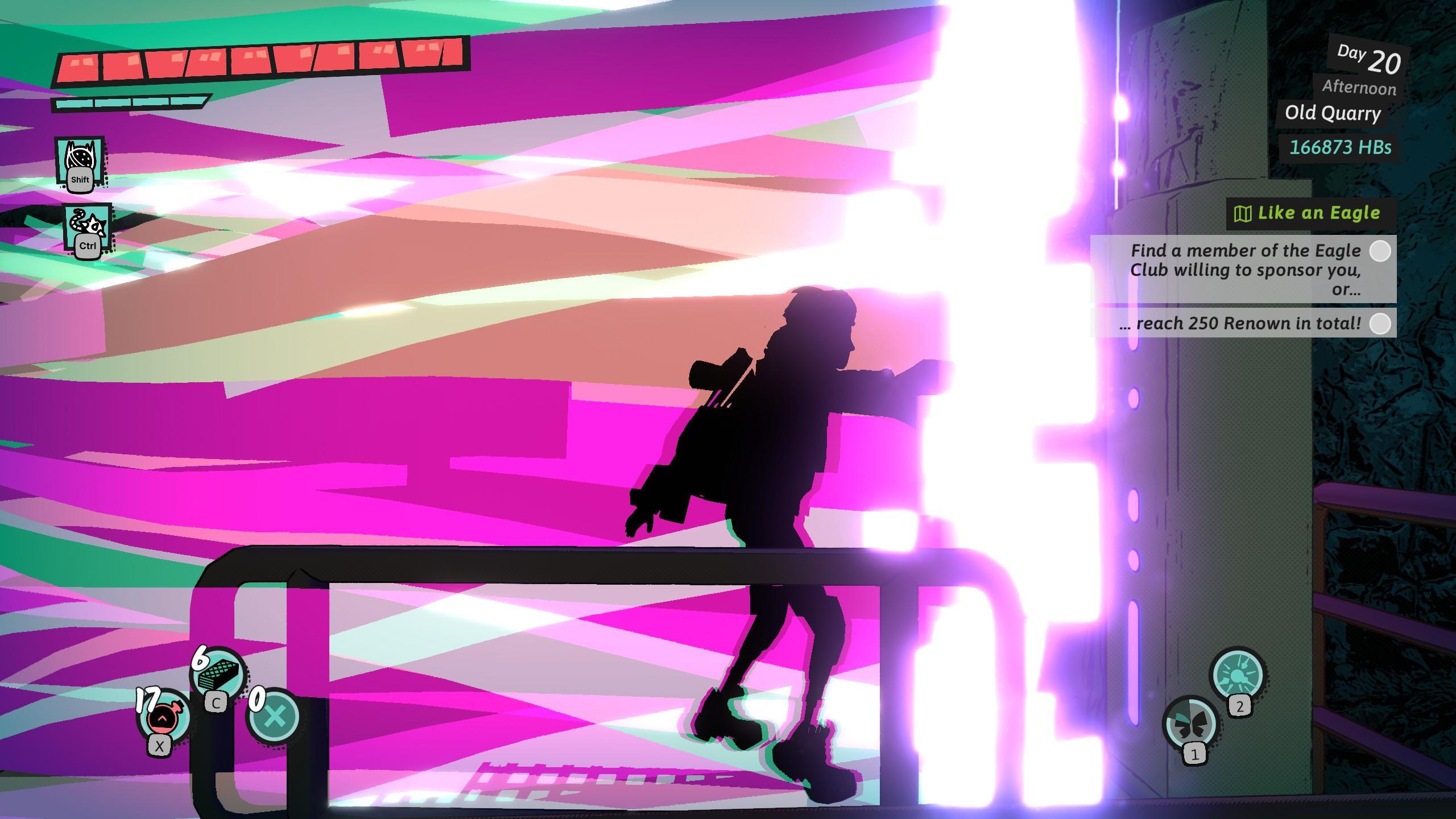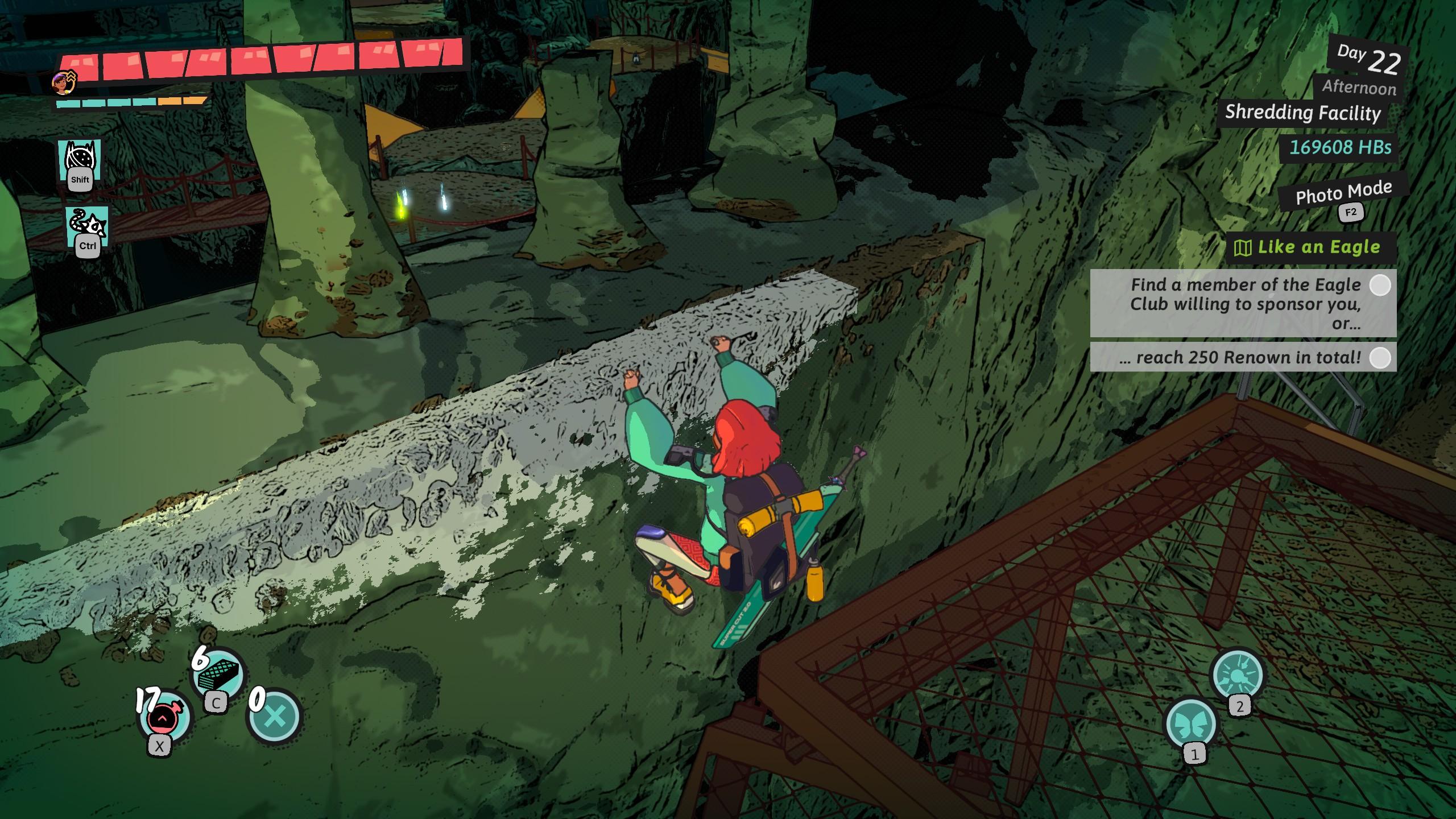Review: Dungeons of Hinterberg

This is a bit of a strange turn in the opening paragraph of a review, but I want to use Dungeons of Hinterberg as a jumping off point for how we (collectively) talk about, recommend, encourage, proselytise indie games.
Recommending Indie Games
In the world of videogame commentary, the material intended to get readers to buy and play any given game tends to fall into one of two categories -
- Here is a list of genres whose conventions the game hits, and how competently it hits them.
- This game will take you on a specific type journey you can't get from a AAA or live-service game.
The former is kind of working on the converted - the writer takes the reader to be knowledgable and engaged with the Good Work of "play more indie games" - and as a result can feel quite cold and reductive to me?
Alternatively, the latter often feels like it oversells the experience. If expectations are set wrong, a game which already struggles for exposure can end up appealing to an audience that won't promote it.
In that vein, I'm thinking about how to talk about Dungeons of Hinterberg and neither feels fair or sufficient.
The Review

I could say it's a Zelda-lite narrative action-adventure game, that uses a Persona-like passage-of-time system to pace out the experience as you explore the village of Hinterberg's 25 magical dungeons and meet other prospective adventurers in an alternative present day setting.
I might say it's a nostalgic exploration of millenial burnout, opening ourselves up to new experiences and getting out of a funk, expressed through a blend of systems with fun characters, snappy dialogue, carefully crafted puzzles and combat to ensure a satisfying but approachable challenge. Well-balanced and cozy in its sense of progression, it doesn't hold the player to a need for perfection.
Both of these are accurate, but neither really gets at why I'd recommend DoH outside the usual circle of "people I know who like indie games". Both together also don't really get to the point of why I really enjoyed it myself.
The groundwork first - in Dungeons of Hinterberg, you're exploring a set of magical dungeons spread across 4 distinct zones each with its own set of magical abilities - analogous to the dungeon items one might find in a Legend of Zelda game. These magical abilities inform the kinds of puzzles found in an area's dungeons, and also how the player can approach combat. Some abilities might be largely useless in a fight but makes for some interesting puzzles or non-combat gameplay, where others might make combat significanly easier to the point where you miss them in other areas.
On top of this, the game is split into days, where each day has a Morning, Afternoon, Evening, and Night. Mornings for dialogue mostly, Afternoons for Exploration of the 4 areas, Evening for Socialisation, and Night for some additional minor actions to affect stats. Afternoon and Evening are the meat of the game, and the game clearly borrows a lot from the Persona games - there are a number of other people in Hinterberg who you can form friendships with, and as you progress those friendships you learn about their stories and gain bonus abilities or items. It's a very tidy system, and I'm very keen to see more devs use and experiment with it.

I found DoH to be an entirely competent experience for the first 5 hours or so, with some strikingly attractive visuals and a really dramatic and lovely sense of place. I don't think I've ever played a game set in the Austrian Alps before, and I've certainly never played a game that looked quite like DoH does either - I assume that's related, and the Alps go nice and pastel in Austria? Other than that, it had a minor sense of clunkiness to it, but never so bad that it frustrated me or got in the way - they might have polished it further, but I think the devs focused on other areas I think that was probably wise.
I played half a dozen short sessions last week, clearing the first half of the game or so, then just sat down on Saturday got totally hooked in. I played for a solid 6 hours and cleared nearly the whole game, only really stopping to have dinner. I finished it this morning in a breezy 1 hour session and honestly had a better and better time with it as I played more.
Dungeons of Hinterberg deals with the dilemma of "fully explore your mechanics" vs "don't overstay your welcome" by saying "fuck it - every dungeon explores 1 gimmick, and we're just gonna end the dungeon when we've run out of ideas." As a result the dungeons vary greatly in length, and not simply "longer towards the end", while all feeling quite complete. The rule of 3 is in play most of the time, but it feels like there's no limit on how many 3s they might cram into a single dungeon.
In particular, the third area - Hinterwald - ends with a real victory lap. There's a very cool boss fight and a final dungeon that contains my favourite little puzzles in the whole game. They could have made 10 of these things, but one was enough for me to have a great time as I was clearing up the end of the game.
Right, the end of the game. So another clever little trick DoH pulls is that you can explore all 4 areas from very early in the game - dungeons have difficulty levels entirely defined by "how tanky and cannony are the enemies" in an exponential fashion, and the difficulties aren't in the order of the areas. As such you end up bouncing around between the areas, and by extension the abilities, quite frequently and this keeps it incredibly fresh.
This allowed me to get a sense of mastery with the 4 ability-sets in parallel, and prevented me feeling like I was bogged down for 3 hours just using a set I didn't like. I think this combined with the longer term goals of the social relationships gave a really nicely tuned sense of progress and goals, but also player freedom. I'd call this one of the coziest games I've played in years, not because it doesn't challenge but because of how much control the player is in of that challenge. Time is passing, days are ticking by, but there's no obligation to use a small number of days. They just pace out the actions you can take, there's no deadline and that's kind of magical in my opinion.
In the end, I didn't attempt to 100% Dungeons of Hinterberg - it felt not in the game's spirit of letting go and finding your own things to enjoy. I completed a few friendship tracks, got my gear to a comfortable power level, and played through the end of the story - which culminates in a very satisfying and mercifully brief finale.
I wholeheartedly recommend Dungeons of Hinterberg. It has a lot to say about work, burnout, self-actualisation, selfishness, the creative economy, and the various exploitations inherent capitalism, but it lets the player interact with those themes through their own understanding of the dialogue. I think a player could get through this with strong feelings about who's right or wrong about things, without ever clocking it as "about politics" in that tiresome way. This is a tricky task, and while I like it when games are more full-bodied about their politics I respect that they managed it pretty deftly.